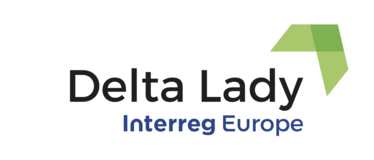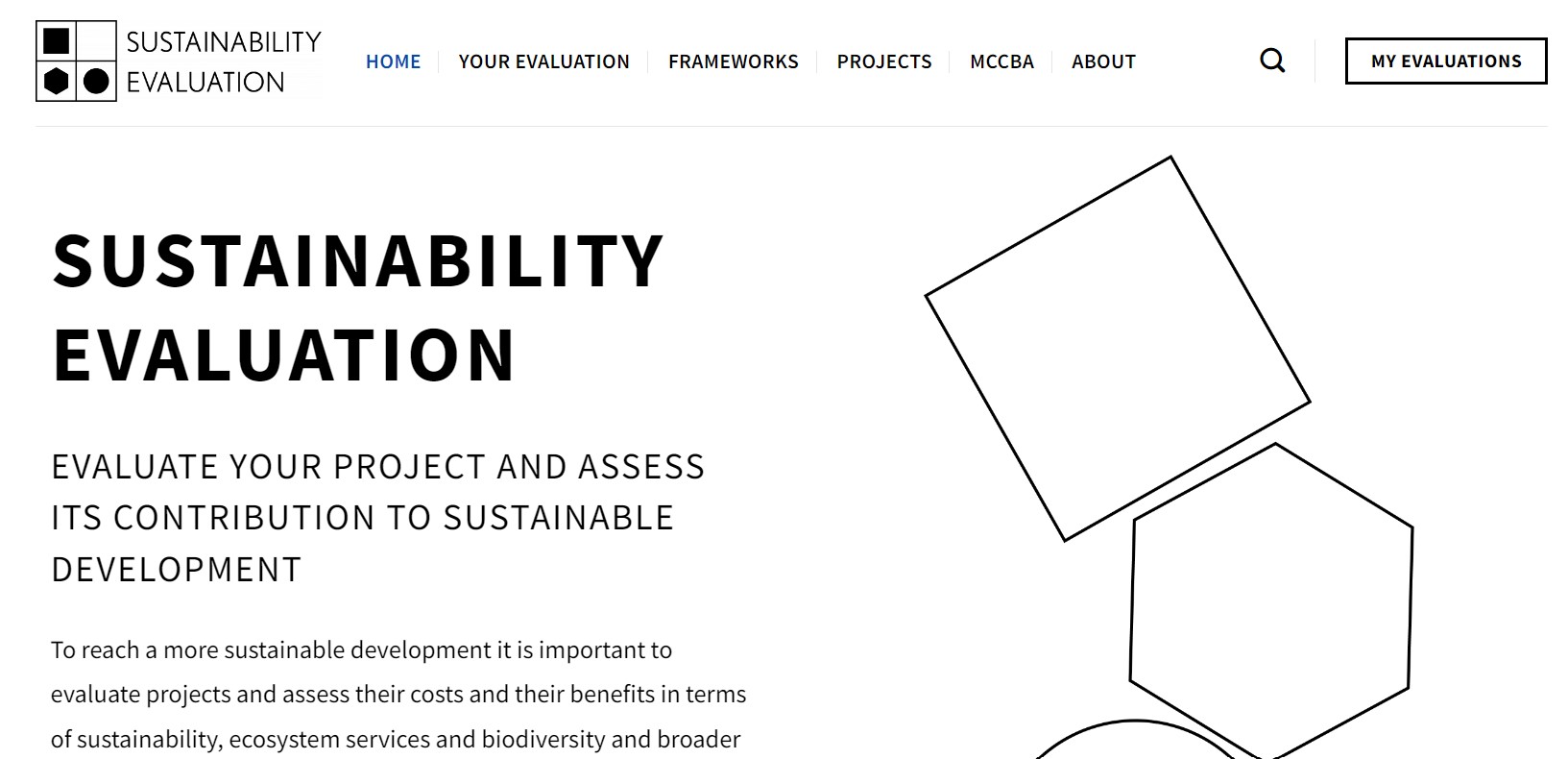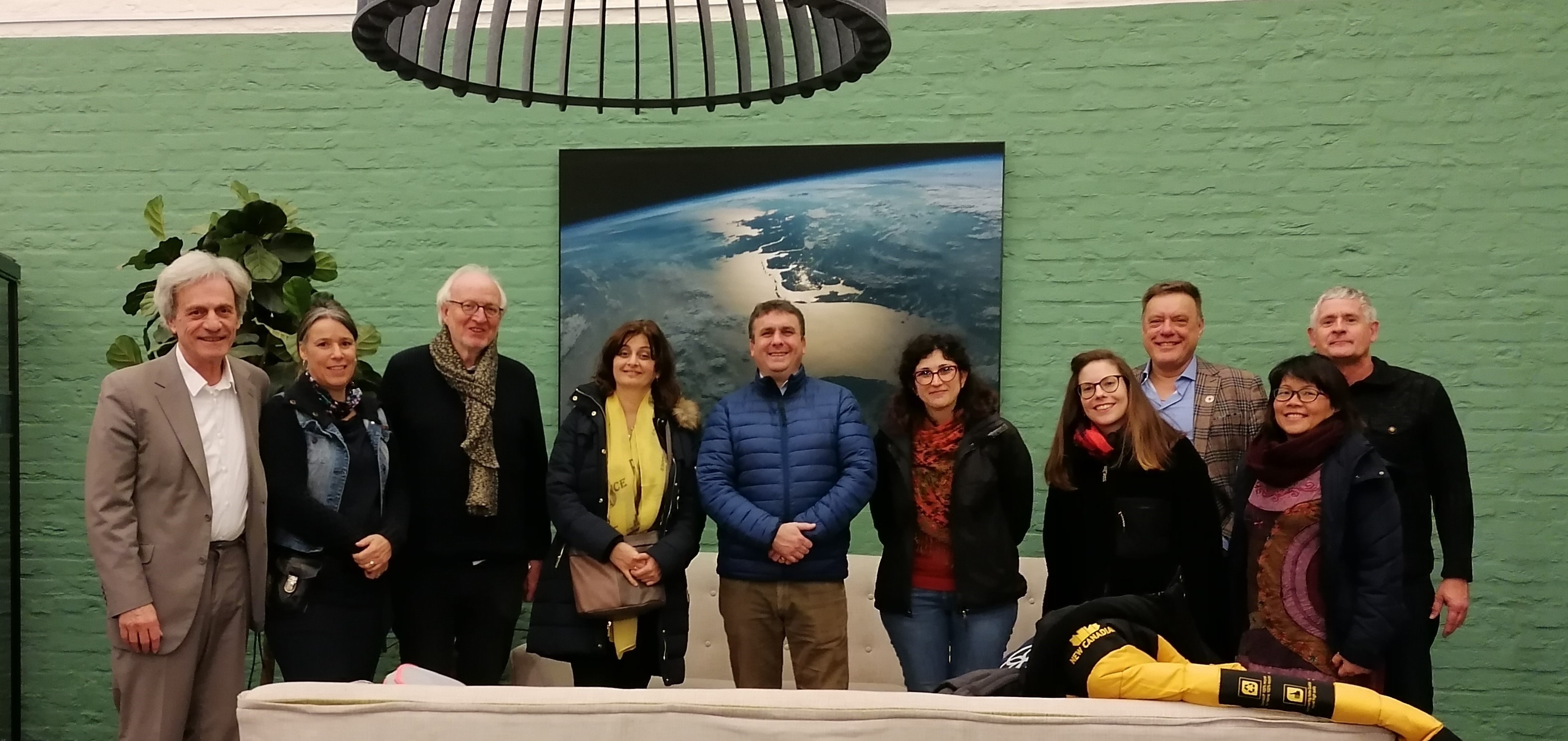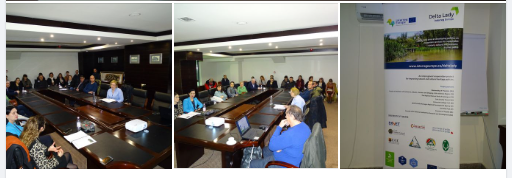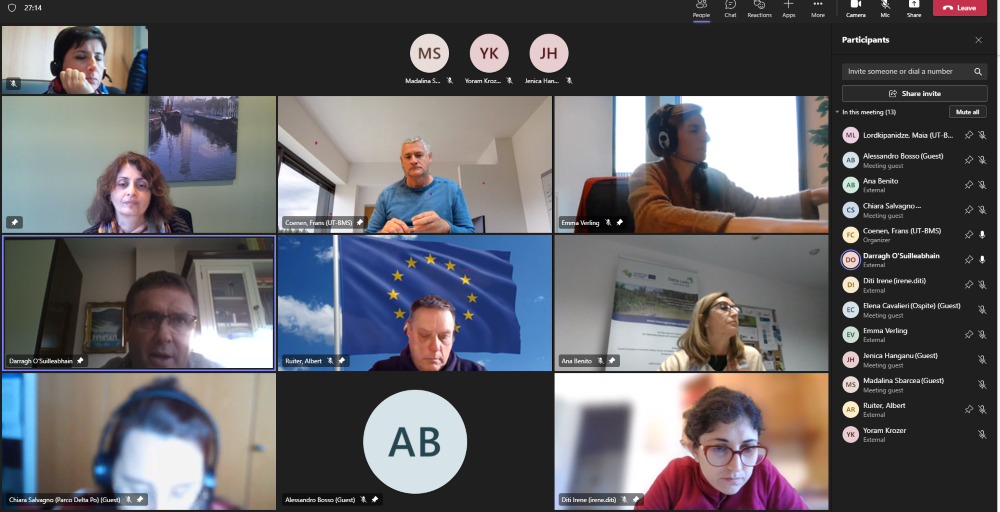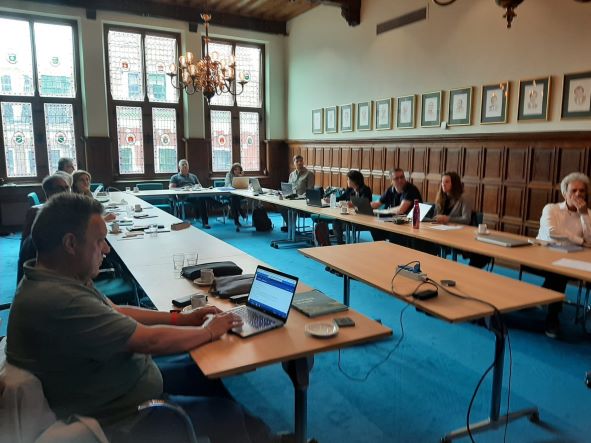Delta Lady project partners conducted the 4th Interregional Learning Event and Partner Meeting online on the 1st and 2nd of April, 2020. The meeting was planned to be held in Cork, Ireland, and to be hosted by Cork County Council (CCC) and University College Cork (UCC). However, the Covid-19 outbreak prevented the planned meeting and the meeting was held online. 25 participants joined the online meeting. All partners were present.
The first day, April 1, was dedicated to the presentations of partners which were focused on the development of the action plans.
The Regional Natural Park of Camargue (FR) presented the context of the policy instrument addressed in the project which is the Charter of Commitment of the Regional Natural Park of Camargue. Two issues emerged on the territory which are thought to be addressed in the regional action plan. These are reed beds exploitation and pesca tourism development in Camargue.
Cork County Council (IE) presented project progress to date and next steps to develop and select preferred actions for inclusion in the regional action plan. Number of potential actions are identified which are inspired by interregional learning and good practices observed and highlighted by RSG, these are analyzed and grouped by themes: 1) Policy Related Actions; 2) Funding Related Actions; 3) Other Actions. Selection will be through collaboration with project group, RSG members and other relevant stakeholders in the region
ART-ER and Po Delta Park (IT) presented envisioned actions to be included in the regional action plan. The selected policy instrument (Po Delta Park Territorial Plan) does not consider Ecosystem Services. It also lacks mechanisms of Payments for Ecosystem Services. In the action plan they aim to define tools for the inclusion of PES in the policy instrument. Envisioned two actions are: at the local level (Po Delta Park) to embed the Ecosystem Services in the planning activity of the Delta Park; and at the regional level (Emilia-Romagna Region) policy brief for the regional Government. The questionnaire will be used to quantify the values of the ecosystems. This can help to put people’s perception of nature in decision-making processes and to quantify the value of cultural services.
Province of Friesland (NL) presented the actions to be addressed: the first action will consider putting delta and characteristics of the delta into a policy documents, and second, developing tools; one is a tipping wheel and another is evaluation tool about the value of money for nature investment which will be developed in cooperation with the University of Groningen. Different investment cases were presented as well: Investment in a fish-migration river at the Afsluitdijk (the dike between the salt Wadden Sea and the fresh water IJssel lake); Investment in the Silence of the Bees-project, on the key role of bees in the landscape; Investment in Fryske Trui (Frysian Sweater), to use renewable resources for sweaters, like hemp, flax, reed, including a traditional cultural heritage design.
Council of Chamber of Commerce of Valencia (ES) presented new good practice identified in the Albufera delta, Rice of Albufera, and the actions to be included in the regional action plan: regulation of boat trips, as a sustainable tourist activity in the Albufera Natural park and links to other activities (such as restaurants, bird watching, culture and environmental education).
The Danube Delta National Institute for Research and Development (RO) presented envisioned actions for regional action plan related to the improvement of reed beds management in the Danube Delta, the integration of the environmentally friendly and locally oriented elements in tourism infrastructure and development of associated activities.
University College Cork (IE) gave presentation on the results of the study on the valuation of the ecosystem services in the River Black Water delta, with the aim to diversify the supply of benefits obtained from the ecosystem services.
The second day, April 2, was dedicated to the expert presentation from the Southern Regional Assembly on what is expected from a Regional Action Plan. Main aspects regarding the process of the action plan development in practice were highlighted.
Expert presentation was followed by the Q & A session and discussion, which followed by the Steering Committee meeting. At the SC meeting, consequences of Covid-19 were discussed, partners were encouraged not to wait and go ahead with organizing web meetings with the regional stakeholder groups. The next 5th Interregional Learning Event and partner meeting is planned to be held in September 2020 in Romania, in Tulcea. However, the final decision on this matter will be made in June 2020 with the hope that the situation will improve and the meeting will take place as planned.


